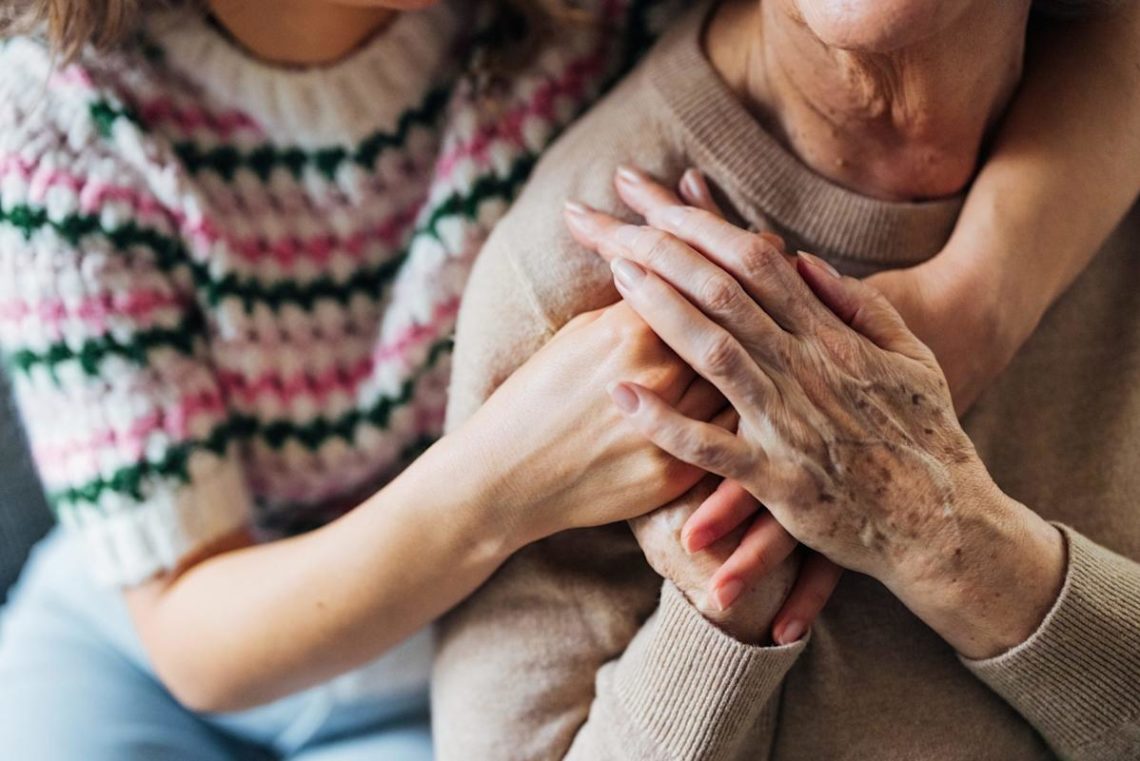Suzanne O’Brien has had a unique window into the psyche of the dying.
She has been at the bedside of over 1,000 people globally in their last moments of life—from her home in the U.S. to Thailand and Zimbabwe. O’Brien, a registered nurse, had an impulse to move into hospice care over two decades ago and has since worked as an oncology nurse and a death doula, supporting those at the end of life emotionally and physically by helping them work through their own grief.
O’Brien’s recent book, The Good Death, aims to normalize the realities of death and the need to plan for the end. The book also shares pearls of wisdom from O’Brien’s patients and many common threads shared by people who are dying—many of whom have “spiritual aha moments” about their lives that can teach us all something, she says.
“They started talking about the same things,” O’Brien tells Fortune. “Because at the end of life, it doesn’t matter who you are or how much money you have. None of that showed up. It was all about what they learned, what they regretted, what they didn’t do, and what they were too afraid to do.”
In an interview with Fortune, O’Brien elaborates on three significant regrets her patients have had at the end of life—and how these revelations have shaped how she leads her own.
-
I didn’t live my purpose.
At the end of life, many people share what they didn’t do but knew they always wanted to do, O’Brien says.
“We all are here for a purpose, and we all have gifts, and when we don’t share them and act upon those, that’s where the huge regret comes,” O’Brien says. Not “dipping into the unknown” or trying something new is a factor of having an abundance mindset, she says.
When we consider our time sacred and limited, we are less afraid to take action on something that may excite us. “One of the things we don’t know is how many days we have,” she says. “When you get that feeling, or you have something that you want to do, don’t let your ego, the fear part of you, shut it down.”
This doesn’t mean people must enter an existential crisis about their purpose. Think about an untapped goal and make incremental changes in its direction. “If you did one thing every day towards an aligned goal that you want to do, in a month, you’d have 30 things done,” O’Brien says.
-
I didn’t allow myself to be loved as fully, and I didn’t love others unconditionally.
Many people at the end of life regret not being vulnerable enough to let themselves be loved and give love. They often share that they could not reach a level of forgiveness with someone else or themselves, O’Brien says. It’s essential to extend ourselves grace, know when to take ownership, and release guilt, she says. O’Brien encourages patients to envision the time they’re struggling to let go of and ask themselves if they did what they could in the moment with the information and resources they had.
“When you’re carrying around baggage, it’s keeping you stuck,” she says. “We have things that happen to us, and if we can’t resolve them, if we’re holding on to anger or resentment, or we think that something that we went through is going to dictate the rest of our lives, forgiveness is the transformational tool.”
Finding a way to work through emotional issues and relational difficulties throughout life can help people build more authentic connections, O’Brien says. “Don’t get to the end of life to find the grace for yourself,” she says, and hone in on the lessons a regret brought instead.
Therapy and mindfulness are common tools to work through resentment and help build deeper connections.
-
I didn’t appreciate the now
People on their deathbed recognize life’s finality and, sometimes for the first time, the small gifts it brings that can often go underappreciated.
Researchers have studied this recognition and referenced it in the science of mindfulness and awe, which illustrates that appreciating the present moment and being aware of our surroundings can calm the mind and body.
“It’s not missing the moments that are in every single day, the moments of joy and gratitude … the birds singing outside, going for a walk in the park, or being able to be in this incredible city that is so energetic,” O’Brien says.
This curiosity and presence can help people live authentically and lean into experiences that spark joy.
“I completely changed my life when I started working at the end of it,” O’Brien says. “Our mind keeps us stuck. It’s like our own little prison if we allow it.”
This story was originally featured on Fortune.com
The post These are the top 3 regrets at the end of life, according to a death doula at the bedside of over 1,000 of past patients appeared first on Fortune.




